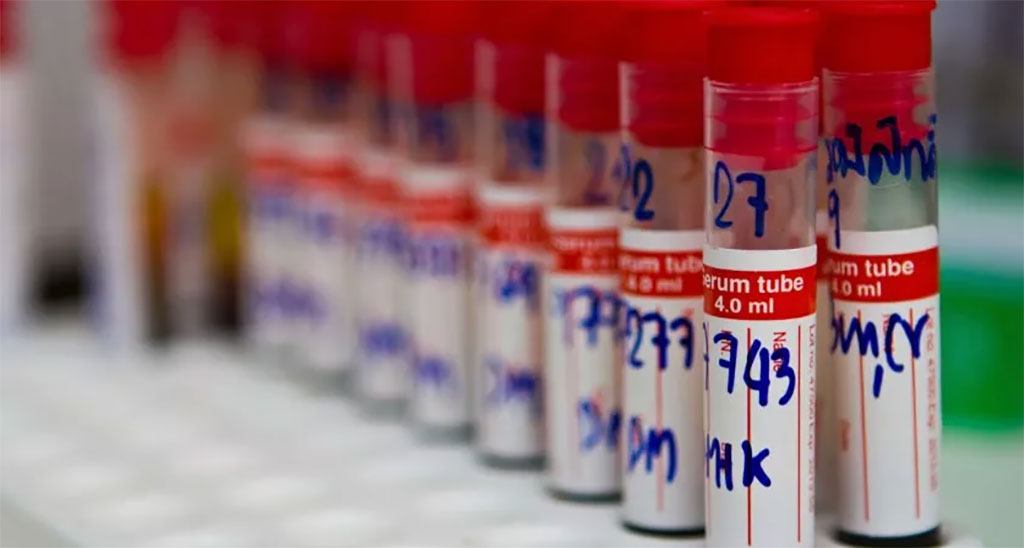Blood Test to Help Physicians Detect Early Alzheimer’s Disease
Posted on 11 Jul 2023
Current diagnostic procedures for Alzheimer's disease, such as PET imaging and lumbar punctures, can be invasive, challenging to administer, and are often carried out at later stages of the disease. Hence, there is a pressing need for easy-to-access testing methods that facilitate earlier diagnosis, enable the identification of suitable candidates for emerging treatments, and monitor disease progression through a simple blood test. Such a development would significantly benefit patients, their families, healthcare providers, and the wider healthcare system. Now, a newly-launched test can aid in assessing patients who exhibit cognitive symptoms indicative of early-stage Alzheimer's.
Quanterix Corporation (Billerica, MA, USA) has introduced the LucentAD test to be used as an aid by healthcare providers to diagnose AD alongside the launch of Lucent Diagnostics, a dedicated portal designed to address patient needs. The LucentAD test offers clinicians an easier approach to rapidly evaluate the likelihood of a patient having amyloid pathology consistent with Alzheimer's. This information aids healthcare providers in determining suitable follow-up and treatment plans for suspected Alzheimer's patients. The test works by measuring the concentration of an isoform of phosphorylated tau protein in plasma (p-Tau 181), a protein residue associated with Alzheimer's.

LucentAD is based on the Simoa p-Tau 181 assay that has undergone extensive research in large longitudinal and cross-sectional cohorts. Its high specificity for amyloid pathology related to Alzheimer's has been well established through comparison to amyloid positron emission tomography, a diagnostic gold standard for Alzheimer's. As p-Tau 181 is a low-abundance protein in blood, its reliable measurement requires high analytical sensitivity. While the clinical validity of the Simoa plasma p-Tau 181 measurements is well-studied, the test has also shown a correlation with the reduction of amyloid load in the brains of amyloid patients under anti-amyloid drug therapy, as illustrated in the lecanemab (Leqembi) Clarity AD drug trial. Leqembi is the first FDA-approved, disease-modifying drug for early-stage Alzheimer's.
“A year ago, Quanterix announced the validation of our laboratory developed test to quantitatively measure p-Tau 181 in plasma as an aid in diagnostic evaluation of Alzheimer’s disease,” said Masoud Toloue, CEO at Quanterix. “The launch of Lucent Diagnostics and availability of the LucentAD test expands access to our p-Tau 181 test for healthcare providers and marks an important step in our goal to help build a global Alzheimer’s disease testing infrastructure.”
Related Links:
Quanterix Corporation













